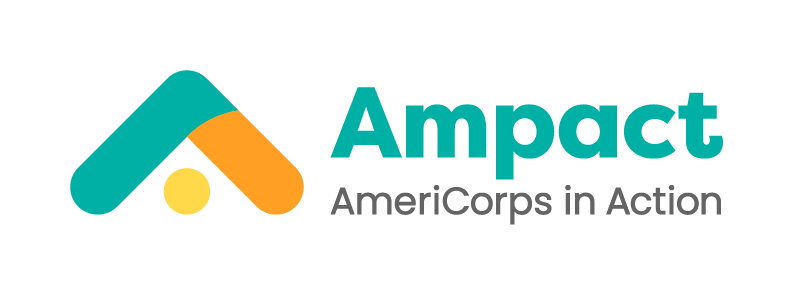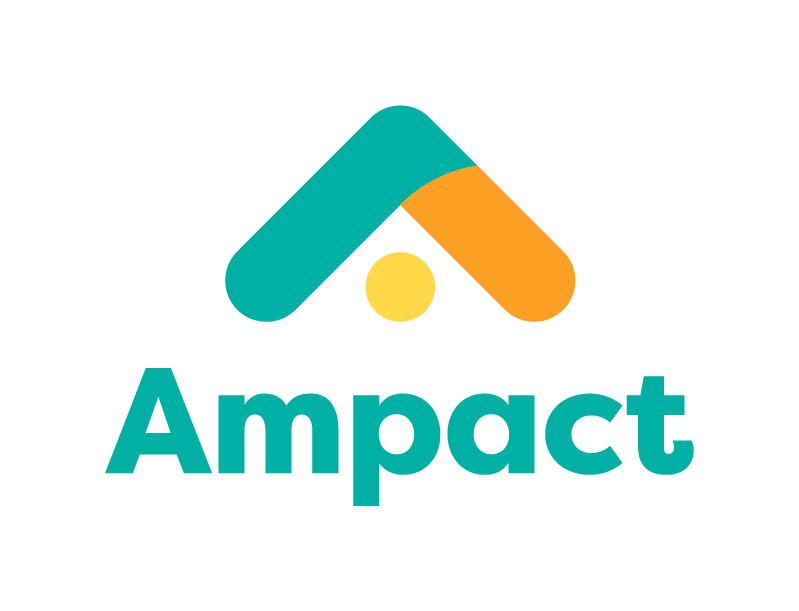Director’s Perspective: Claudia Diggs on Partnering with Heading Home Corps
Housing insecurity causes issues far beyond simply the need for shelter, draining a person’s health, work opportunities, educational possibilities, and basic safety. While there are many resources available to Minnesotans to help them on the long path to secure housing, that road is daunting. This is exactly why people like Claudia Diggs have dedicated their careers to assisting others on that journey.
“An individual may not know all of the resources that are out there. If we have someone that's focused on how to make the connection to them, we can help,” says Claudia Diggs, founder and director of Community Junction. “That's what I want to do: reduce the barriers and help people.”
Putting Experience to Good Work
Community Junction is a community organization based in Hennepin County, Minnesota focused on the intersections of housing, health, and well-being. To further their work assisting people with housing stability, this fall they will become the newest organization to partner with Heading Home Corps!
Diggs founded Community Junction last year after more than 25 years of working at various public and nonprofit institutions in different capacities. These experiences gave her a treasure trove of insight on how to best utilize local and state resources to make sure people in need can get back on their feet and stay on their feet. Having previously worked at a nonprofit that partnered with Heading Home Corps, she knew from the start that she wanted to bring AmeriCorps members into the new organization.
“We need Housing Resource Navigators to help us assist as many renters as possible,” she explains.
Diggs has seen firsthand the ways that life creates unexpected challenges for people and how even a small boost of additional support leads to significant gains in safety and stability. She was raised in Virginia, but has spent most of her adulthood in Minnesota and Illinois. Throughout her career, she has worked for a number of school districts and municipalities. These jobs allowed Diggs to get a sense of the ways that community members need to be more involved with the decisions that shape their lives.
“Listening to community voices, making sure they have the opportunity to give input on the things that the government was doing for the community,” she says. “I tried to instill that into the work I was doing.”
Closing the Gaps in Minnesota
Driven to do more, six years ago Diggs shifted her focus to Asset-Based Community Development (ABCD) at the municipal level. This type of work means engaging with residents about the resources and programs their local governments have available to them, as well as giving them the chance to shape those resources. Overall, Minnesota has a range of government resources for those in need, but also many striking racial and socio-economic disparities. In 2022, she joined the staff at Community Mediation & Restorative Services (CMRS) in New Hope, Minnesota.
“I saw while working with folks that there's a need to continue to help renters with housing – BIPOC folks especially,” says Diggs, referring to residents who are Black, Indigenous, and People of Color. “It's one of the largest disparities here in Minnesota between black folks and white folks.”
The Crucial Need for Stable Housing
Diggs served as the Equity and Housing Director at CMRS, a position where she advocated for renters and helped to find solutions for them without evictions. Diggs knows that it is vitally important work. Evictions are not only painful and expensive in the short term, but averting them also prevents downstream issues for renters that end up being much harder to solve. According to Pulitzer Prize-winning anthropologist Matthew Desmond:
Eviction’s fallout is severe. Losing a home sends families to shelters, abandoned houses, and the street. It invites depression and illness, compels families to move into degrading housing in dangerous neighborhoods, uproots communities, and harms children.
It was this work that first connected Diggs to Heading Home Corps. In addition to her role as director, she also acted as the site supervisor to five members serving as Housing Resource Navigators. Last year, when Diggs decided to strike out on her own and found Community Junction, she knew what a great resource Heading Home Corps members could be.
“When people are in crisis, they're not thinking about making all of these phone calls and things like that. That's where Community Junction comes in: we try to eliminate some of that run-around for them” she says. “It's invaluable the training that Ampact provides for the housing navigators.”
The Impact of Housing Navigators
Diggs has been a part of some incredible stories of community resiliency that required the help of both CMRS staff and Heading Home Corps members.
“We got a phone call from a resident on a Friday at 1:00 o'clock that the sheriff was going to come that Monday [to evict them,]” she recalls. The dispute was over a few thousand dollars in back rent. “We were able to secure $6,000 by 5:00 o'clock on a Friday for that person.”
However, beyond the material support they can help secure, Diggs appreciates the human touch that Heading Home Corps members bring to their service.
“It's more that personal, one-on-one interaction that I think people value the most, not just the fact that they may get their back rent paid off,” she says. “The navigators take the time to think about ‘Well, what other things can we do to help this person?’”
It’s the combination of connecting resources with individual care that drives Diggs’ work. It’s the guiding principle behind Community Junction’s motto: We help you figure it out. And it’s the reason she will happily welcome two Housing Resource Navigators this fall.
“I’m very much looking forward to working with the navigators,” she says. “It's my biggest hope to help as many people as we can.”
If you want to learn more about Heading Home Corps and find out ways to serve your community, visit ampact.us/heading-home.


